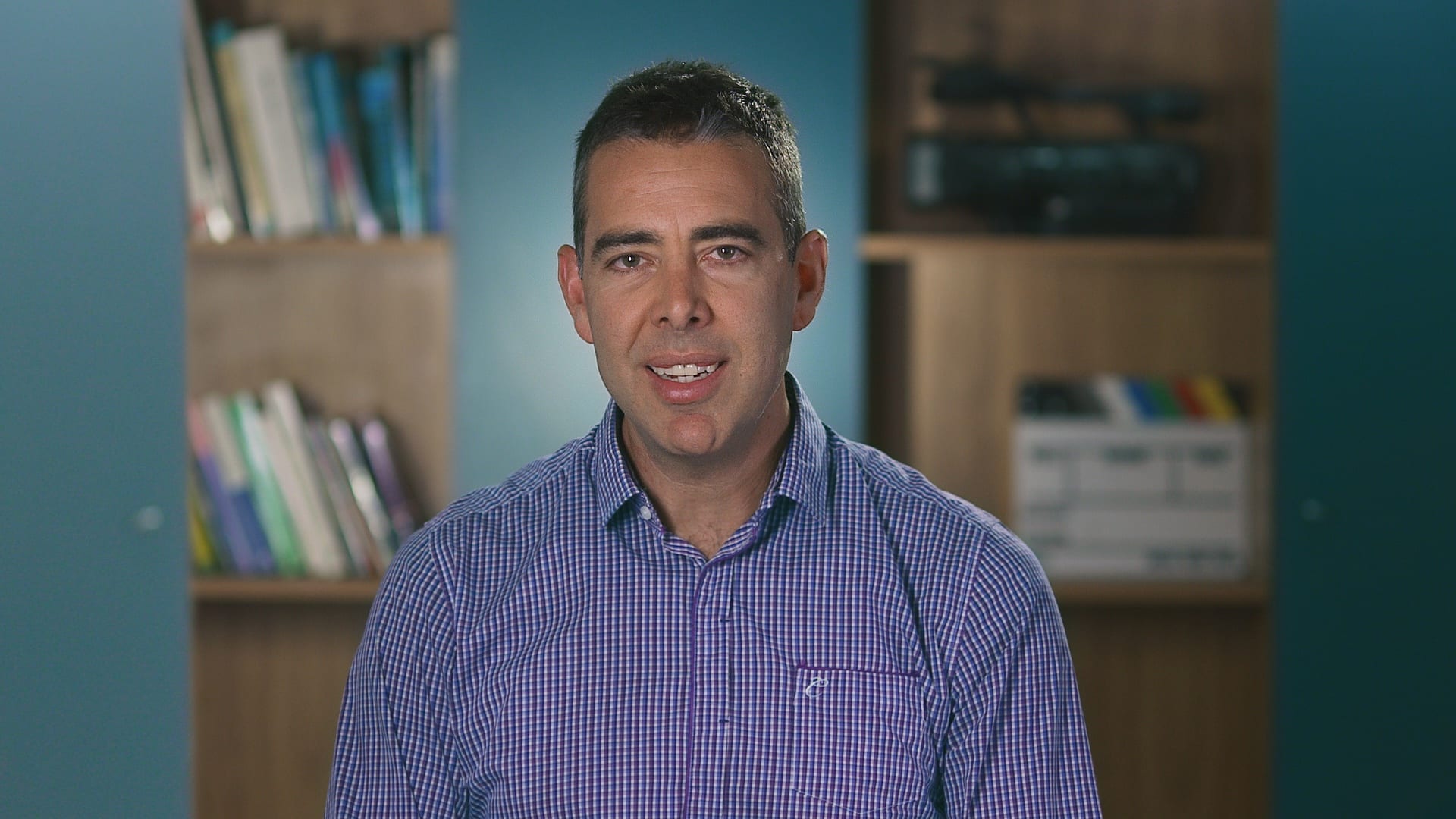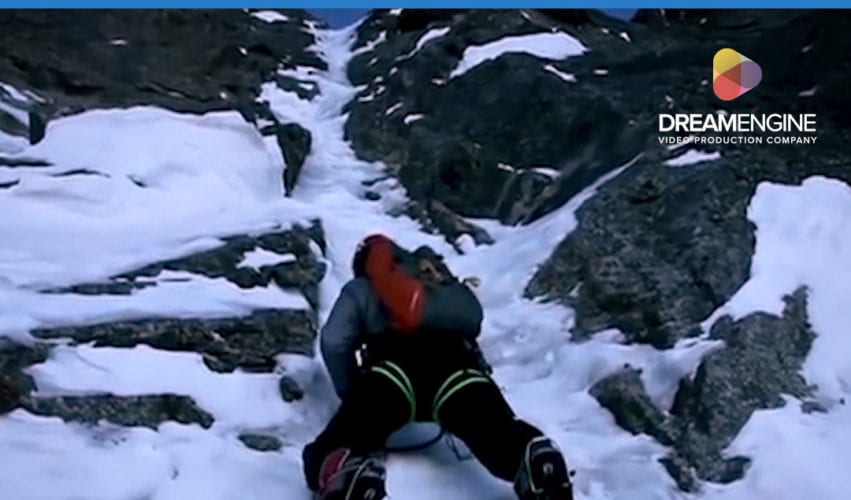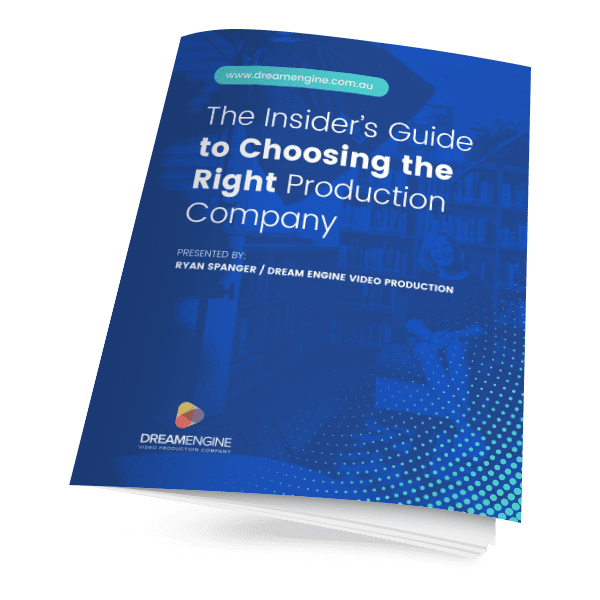Transcript
The impact of the recent health crisis has been unsettling for business. It’s felt as if the old rules no longer apply. Sometimes people talk about the idea of when things get back to normal. And I think it can be confronting to face the idea that this is probably not gonna happen. Even once we recover from this, unpredictable change looks like it will continue to be part of the everyday life and business. The reality is that volatility and uncertainty have been building for quite some time now as the world has become more interconnected. And this is a topic that has interested me for many years now, which is why I’ve read up quite extensively and I’ve been implementing these principles into my video production business. So, if this is something that you’ve also been thinking about really how to navigate complexity and uncertainty in business and life. Then here are three books that I’ve read over the last few years that I’ve found to be really helpful.
The first one is a book called The Light and Fast Organisation, a new way of dealing with uncertainty. On Wednesday the 12th of February, 2008 Swiss mountaineer, Ueli Steck made history by climbing the North Face of the Eiger on the unpredictable and storm prone mountain in Switzerland in a record time of two hours and 47 minutes. The previous record was four days. Now on the surface Steck’s approach was staggeringly simple. He climbed light and he climbed fast. In The Light and Fast Organisation, Patrick Hollingworth explores the concept of V-U-C-A, VUCA which stands for volatility, uncertainty, complexity and ambiguity. And he does it through the lens or metaphor of mountain climbing. In traditional or expedition style climbing, it involves large crews, it’s heavy, slow and time consuming. Ueli Steck pioneered the light and fast or alpine-style of climbing and he completely unflipped convention on its head. This is an absolutely remarkable book and when you apply the concepts of alpine-style climbing to business, there are amazing opportunities for transformation.
I’ve recently re-read Anti Fragile things that are gained from disorder. In Anti Fragile, Nassim Taleb the author of The Black Swan explores the concept of uncertainty, but as something actually desirable. And he asks, “What if you could build a system “or a business that actually gets stronger “from disorder, chaos or volatility?” And one of the examples that Taleb explores in the book is the way that the human body builds muscle. By applying force and discomfort to your body. It’s forced to adapt and comes back stronger than before. And Taleb goes so far to say that we should actually crave disorder because it demands growth. So, it’s worth asking yourself how you can gain from disorder. The book is basically a blueprint for how to thrive in a world that you can’t fully understand or predict.
A book that I read recently is called Infinite Games by Simon Sinek, who’s the author of Start With Why. And look, to be honest, it’s not really all that well-written. It probably needed a bit more editing. But the concept is that important, which is really what matters here. So that’s why I wanted to share with you. And I’ve since discovered that there’s a book called Finite and Infinite Games by James P. Carse published over 30 years ago. And I’m keen to read that next because I think it covers similar territory in thinking about this idea of finite versus infinite games. In a finite game, the players are known, the rules are fixed, and the end point is clear. The winners and the losers are easily identified like a game of football or chess. Now, thinking about in infinite games like business, the players come and go. The rules are changeable and there’s no defined end points. And many of the struggles that organisations face exists simply because their leaders are playing with a finite mindset in an infinite game. So leaders who embrace an infinite mindset have the resilience to thrive in an uncertain world. So there you go, three books that I found to have had a transformational effect on my life and my business.

Ryan Spanger is the founder and managing director of Dream Engine, a Melbourne-based video production company established in 2002. With more than two decades of experience, Ryan has helped leading Australian businesses, government departments, and non-profits communicate their message with clarity and impact through video. He’s known for his strategic approach, reliable process, and commitment to producing videos that deliver measurable results.

